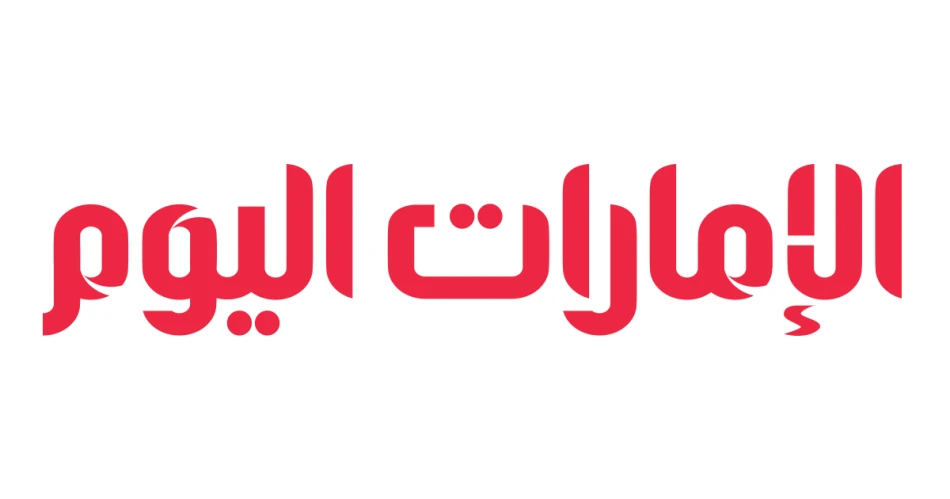
UAE President, Indonesian Counterpart Discuss Boosting Comprehensive Economic Partnership
UAE and Indonesia Strengthen Economic Partnership as Regional Security Concerns Mount
UAE President Sheikh Mohamed bin Zayed Al Nahyan met with Indonesian President Prabowo Subianto in Abu Dhabi today, advancing bilateral cooperation across key sectors including renewable energy and investment while jointly condemning recent Israeli aggression against Qatari territories. The meeting underscores growing economic ties between the Gulf's financial hub and Southeast Asia's largest economy amid heightened regional tensions.
Comprehensive Economic Partnership Takes Center Stage
The discussions focused heavily on expanding the comprehensive economic partnership between the two nations, with particular emphasis on renewable energy, investment opportunities, and developmental projects. This alignment reflects both countries' strategic pivots toward sustainable energy and economic diversification.
For the UAE, deepening ties with Indonesia represents access to a market of over 270 million people and the world's fourth-largest population. Indonesia's rapid economic growth, projected at 5% annually, offers significant opportunities for Emirati investors seeking alternatives to traditional Western markets.
Strategic Timing for Energy Cooperation
The renewable energy focus comes at a critical juncture. Indonesia has committed to achieving net-zero emissions by 2060 and is actively seeking foreign investment to modernize its energy infrastructure. The UAE, fresh from hosting COP28 and positioning itself as a global clean energy hub, sees Indonesia as a natural partner for its expanding renewable portfolio.
This mirrors similar UAE initiatives across Southeast Asia, including major solar projects in Vietnam and energy partnerships with Singapore, positioning the Emirates as a key financier of the region's green transition.
Regional Security Concerns Unite Both Nations
Beyond economic cooperation, both leaders addressed the recent Israeli aggression against Qatari territories, with both nations condemning the attacks and expressing solidarity with Qatar. This unified stance reflects broader regional concerns about escalating tensions and their potential impact on trade routes and economic stability.
The joint condemnation also highlights Indonesia's increasingly active role in Middle Eastern diplomacy, despite its geographic distance. As the world's largest Muslim-majority nation, Indonesia's foreign policy positions carry significant weight in the Islamic world and can influence broader international sentiment.
Market Implications and Investment Outlook
For investors, this partnership signals several key opportunities. The UAE's sovereign wealth funds and private equity firms are likely to increase their Indonesian exposure, particularly in infrastructure and energy projects. Mubadala Investment Company and other Emirati entities have already shown interest in Southeast Asian markets, and this diplomatic momentum could accelerate deal flow.
The partnership also strengthens Indonesia's position as a regional investment destination, potentially boosting its currency and sovereign debt ratings. For the UAE, it diversifies economic relationships away from traditional Western partners while maintaining its role as a global financial bridge.
Broader Geopolitical Context
This meeting occurs as both nations navigate complex geopolitical landscapes. The UAE continues balancing relationships with various global powers while maintaining its economic growth trajectory. Indonesia, under President Prabowo's leadership, is asserting a more prominent international role while managing domestic development priorities.
The partnership represents a model for South-South cooperation, bypassing traditional North-South development paradigms and creating direct economic linkages between emerging markets. This trend is likely to accelerate as developing nations seek alternatives to Western-dominated financial and trade systems.
Most Viewed News

 Sara Khaled
Sara Khaled






